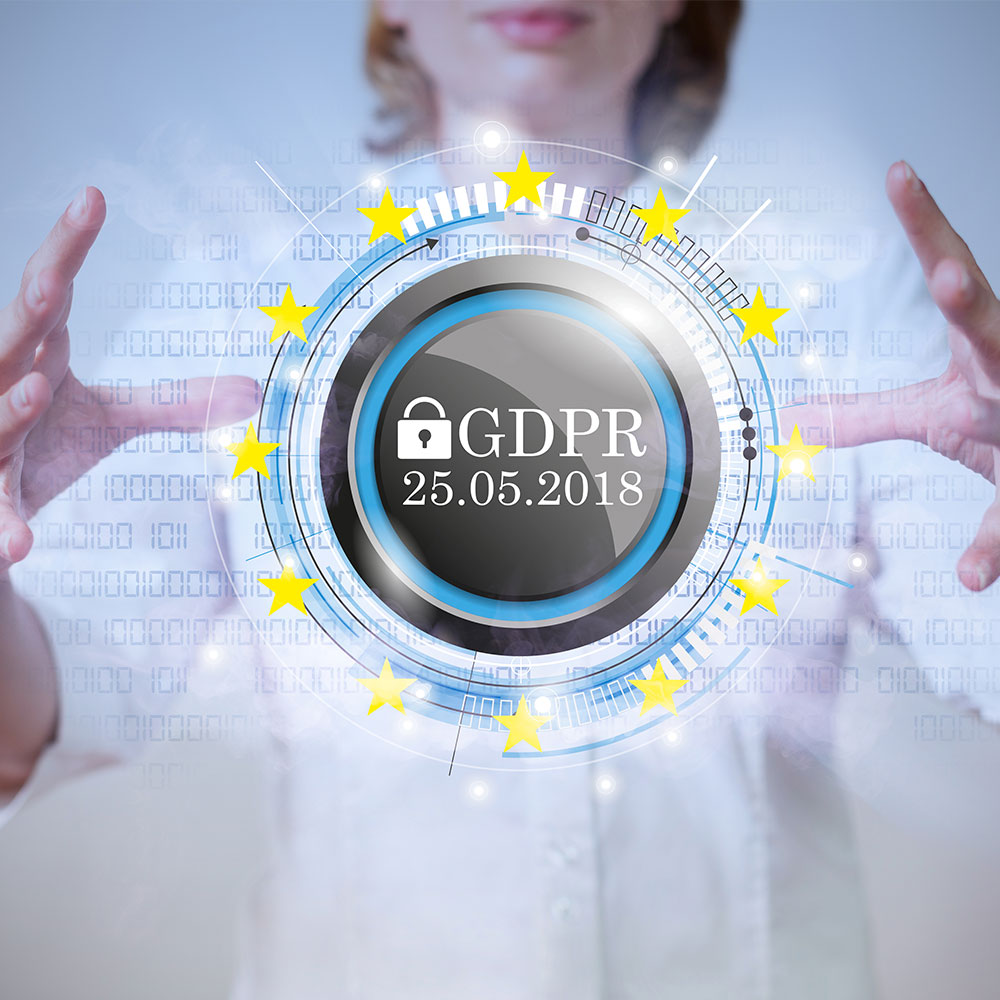G. P. D. R. is the European privacy protection law that was passed in 2018 and refers to the prohibition of the use of information / biometrics without clear consent, the management of the retention period, information security, use close to the purpose, transparency and informed information, and the possibility of deleting information.
Below are some rules
The administrative agency according to the procedures must have a level of authority and responsibility: an administrative agency that grants authority to the executing agency, which is responsible for determining the purposes of the information processing and the manner of managing the personal data.
Responsibility and security: the duty of responsibility prevails over the performing party, requiring the performing party to ensure the security of personal data and to prevent its violation, including theft, loss or exposure to unauthorized parties.


Consent: It must be ensured that the owner of the information gives full consent to the processing of the information.
The rights of the sufferer: The GDPR grants rights to sufferers (Data Subjects) concerning their personal data, including rights such as data access, correction, deletion, transfer and objection to processing.
Data transfer to third-party countries: In order to transfer personal data to countries outside the European Union, additional mechanisms are needed to ensure adequate protection and agreed standards.
Notifications and reports on the data protection breach: In the event of a data protection breach, the operators must notify the appropriate authorities and sufferers in a short time.
The GDPR rules have a wider set of procedures and restrictions implemented by all EU member states. The exact mix of GDPR and local privacy rules varies depending on local understanding and implementation

VikiSense provides biometric products and solutions for security and safety systems, public data systems, and marketing and advertising systems, with a focus on face recognition, voice recognition, and speech recognition.
Please leave your information and we’ll contact you ASAP.
© all rights reserved to Vikisense | site by web4all